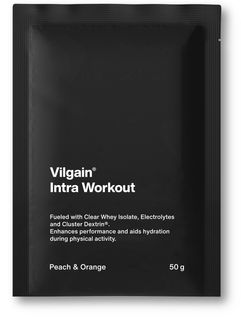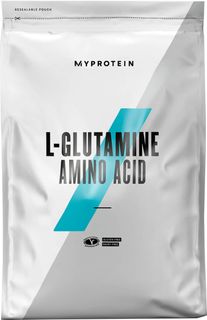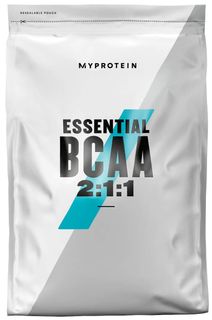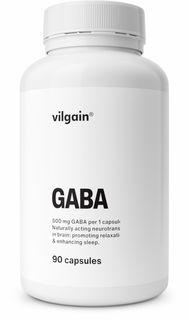
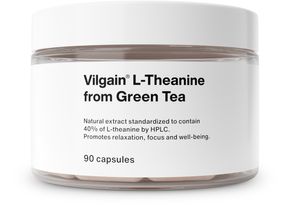
What are amino acids?
Amino acids are organic acids that are the basic building blocks of proteins. Although 500 different amino acids are found in nature, only 21 amino acids are necessary for the body to function properly, 9 of which our bodies cannot synthesize. These amino acids are called essential amino acids and must be taken in the diet. The amino acids arginine and histidine are called semi‑essential and in some situations (growth, disease,...) they can become essential.
Amino acids in food
The best sources of protein are considered to be foods thatcontain the full spectrum of essential and non‑essential amino acids - meat, seafood, eggs or milk. The usability of plant proteins and some lower quality animal sources is often reduced by the presence of a 'limiting amino acid', which is the amino acid that is least abundant in a given protein and thus prevents the use of other amino acids. Even so, all essential amino acids can be replenished through a varied plant‑based diet, but they must be consumed in increased quantities.
Functions of amino acids
Amino acids play a central role in almost all processes of the human body, e.g.:
- they help in the formation and growth of muscles,
- helping to maintain muscle tension and strength,
- asource of energy,
- ensure proper digestion,
- part of hormonal structures and enzymes,
- affect the immune system,
- maintain optimal bone health,
- ensure the proper functioning of metabolic reactions and the transport of substances in the blood,
- help maintain the stability of the internal environment, and
- maintain healthy skin, hair and nails.
Adequate intake of all amino acids is a prerequisite for ensuring overall health. The intake of non‑essential amino acids is not vital, as our body can create them on its own, but these amino acids also have a building function and it is advisable to consume enough of them in the diet to ensure optimal body functions and muscle growth. A lack of essential amino acids, on the other hand, can cause serious health complications - impaired immunity, loss of muscle mass, impaired recovery or reduced appetite, etc..
Types of amino acids
Amino acid supplements should in no way replace a varied and balanced diet. However, athletes who are trying to push their bodies to the next level may have a need for a higher intake of certain amino acids. You can find the following in the Actin range:
- BCAAS - A group of three amino acids (valine, leucine and isoleucine) that help reduce muscle degradation, assist with recovery and muscle protein synthesis.
- EAA - A mixture of essential amino acids (including BCAAs) that are required for all metabolic processes in the human body.
- Beta alanine - allows the human body to increase the production of carnosine, which reduces the rate of muscle acidification and helps to delay fatigue and increase endurance.
- HMB - a substance synthesized from the amino acid leucine, has anabolic and anti‑catabolic effects, allowing, in combination with a varied and balanced diet, more effective muscle building.
- L‑Arginine - An amino acid that helps to dilate blood vessels and increase the supply of oxygen and nutrients to muscles, reducing muscle damage and speeding up recovery.
- L‑Citrulline - has similar properties to arganine, which it breaks down into in the body. It is better and longer digested and thus appears to be more effective.
- L‑Glutamine - One of the most abundant amino acids in our body, which positively affects the work of the intestines, improves immunity and regeneration. It is popular during weight loss diets as it seems it can help with reducing sweet cravings. However, further studies are needed to confirm this.
